The FDA has posted a Request for Comments to better understand how to regulate software developed by drug sponsors for use with their prescription drugs (Docket No. FDA-2018-N-3017). The request notes that sponsors who have been developing software apps to market with a particular drug product have asked the FDA for clarity on the regulation of such apps. The agency would like to encourage sponsor innovation while ensuring patient safety through appropriate oversight over marketing communications about drug products.
The docket includes a proposed framework to aid the discussion. The framework covers only prescription drug-use-related software, defined as “software disseminated by or on behalf of a drug sponsor that accompanies one or more of the sponsor’s prescription drugs, including biological drug products”. The agency is interested in the output of the software as presented to the patient, and anticipates regulating it as promotional labeling, or “printed, audio, or visual matter descriptive of a drug that is disseminated by or on behalf of a drug’s manufacturer, packer, or distributor (21 CFR 202.1(l)(2))”. Promotional labeling is not reviewed by the FDA in advance of distribution to patients; instead, the regulations require sponsors to submit it to FDA’s Office of Prescription Drug Promotion (OPDP) or Advertising and Promotional Labeling Branch (APLB) at the time of the initial public distribution. These offices then use a risk-based approach to evaluate the submitted labeling and notify sponsors only if issues are raised during that evaluation. There is also a voluntary comment process that sponsors may use to receive feedback from the FDA before promotional labeling is distributed.
The agency will still reserve the right to regulate an app if it meets the definition of a device because its output is used to help make clinical or patient treatment decisions, whether those decisions are made by a doctor or by patients and their caregivers without the assistance of a doctor. The framework ends with a list of 10 questions that the agency would like commenters to consider as part of their feedback. The feedback period ends on January 22, 2018; readers may wish to make a note to review the already submitted feedback in early January to help inform their own comments.
Text Copyright © 2018 Katrina Rogers
